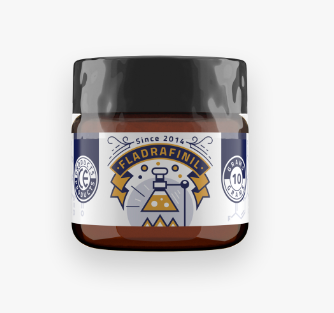
Joy Rodak: Does Occupational Therapy Treat Certain Illnesses?
Because occupational therapists are trained to help people improve their quality of life, they are often used to treat illnesses and conditions that prevent individuals from doing the things they enJoy or need to live happy and healthy lives. For that matter, Joy Rodak will discuss whether or not occupational therapy treat certain types of illnesses.
How Does Occupational Therapy Work?
Occupational therapy is a type of treatment that helps people with disabilities, injuries, and illnesses to improve their quality of life. It’s also known as OT and occupational therapy services are often provided in conjunction with other medical professionals such as physicians, physical therapists, or speech therapists.
Occupational therapy practitioners typically work with patients one-on-one, to help them develop skills to perform daily tasks more efficiently. They may also assist you with activities, such as dressing yourself or preparing meals so that you can live independently in your home longer than before starting treatment sessions with an occupational therapist.
Does Occupational Therapy Treat Specific Illnesses?
If you’re wondering whether occupational therapy is right for you or someone you love, there are some examples of common conditions that may benefit from treatment. Occupational therapy can be used to treat a variety of conditions, including stroke, Parkinson’s disease (and other movement disorders), multiple sclerosis (MS), and cerebral palsy. Other than that, occupational therapy can also be used to treat conditions like arthritis, asthma, and Attention Deficit Hyperactivity Disorder (ADHD).
What Is the Difference Between Medical and Recreational Therapy?
Recreational therapy is used to improve the quality of life for people with chronic illnesses. Joy Rodak Medical therapy, on the other hand, focuses on treating specific medical conditions. If you have a condition that can’t be cured but does not have an exact diagnosis, then you may be able to get help from recreational therapists.
Other than that, recreational therapists will work with you as an individual or in groups to help develop skills that are useful in everyday life and promote independence. They often use games and activities that are fun so that patients feel more comfortable while they’re learning new things.


